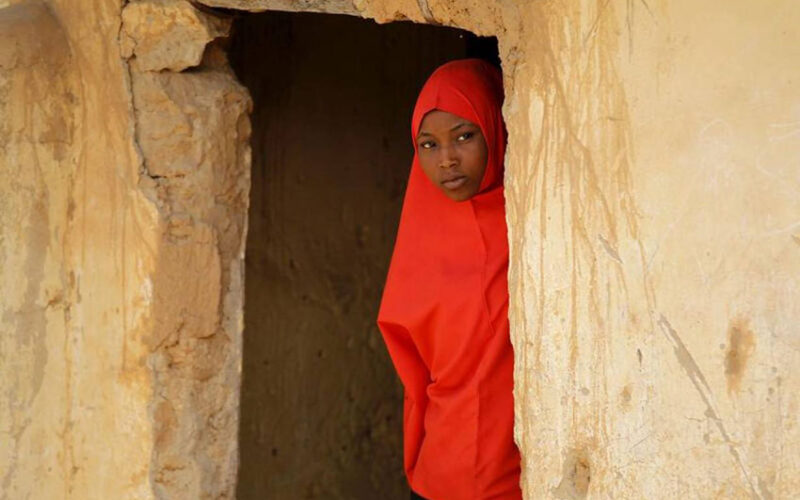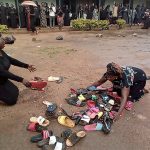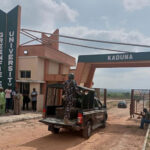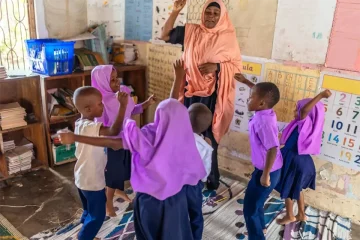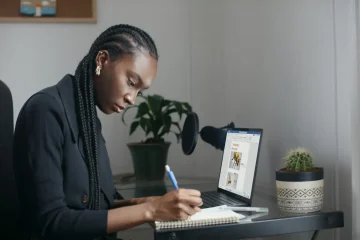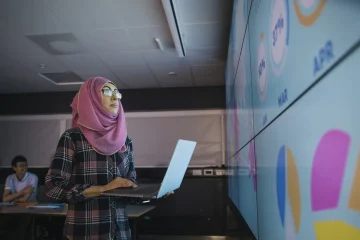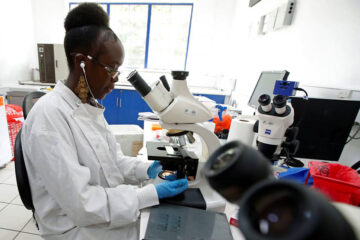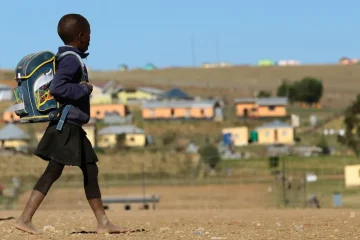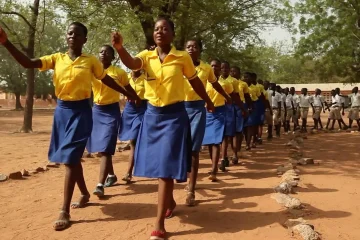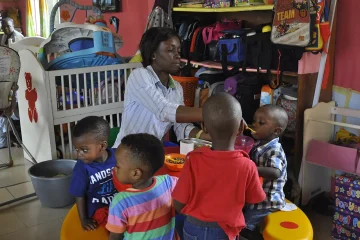EMELINE WUILBERCQ
EFFORTS to stop abuse and forced begging of pupils at Islamic schools in northern Nigeria are at risk as the economic fallout from the coronavirus pandemic could push more struggling families to enrol their children, according to campaigners.
The Islamic schools, known locally as almajiri schools, are estimated to host about 10 million children – mainly boys – and hit headlines in 2019 when a series of police raids on the institutions uncovered widespread physical and sexual abuse.
Nigeria’s northern governors agreed last April to close the schools and send pupils back home due to concerns over COVID-19, which child rights’ activists saw as a chance to challenge the practice and push for better local education and social welfare.
Yet many children have since returned to the schools, according to charities, who fear that worsening poverty will lead to an uptick in enrolment and exploitation of pupils both by hard-up teachers and people or businesses seeking labour.
About 83 million of Nigeria’s 200 million citizens live in poverty, government data shows, and the World Bank said in June that the pandemic could impoverish a further 5 million people.
“We’re going to have a situation in which poverty would push more parents to offload their children from their homes and send them to those schools,” said Armsfree Ajanaku, spokesman for the Resource Centre for Human Rights and Civic Education (CHRICED).
Fewer than half of children in mainly Muslim northern Nigeria attend overcrowded government primary schools, official data from 2015 shows. Almajiri schools help fill the gap and parents pay as little as 500 naira ($1.30) a month in fees.
“When (Islamic teachers) send children out to beg, some people, even businesses, find ways to … exploit their labour, get them to do menial work,” Ajanaku added. “So with the reality of the pandemic, those situations will be further accentuated.”
Nigeria’s education ministry could not be immediately reached for comment. President Muhammadu Buhari ordered a crackdown on abusive institutions in October 2019, and said the government planned to ban the schools eventually.
“JUST LIKE SLAVES”
Activists said past government interventions to improve the almajiri system – from school feeding programmes to curriculums combining standard education with Islamic teaching – had shown some promise but called for an urgent reform amid the pandemic.
Mohammed Sabo Keana of the Abuja-based Almajiri Child Rights Initiative said families should not be allowed to send children to faraway schools and that a minimum age limit should be set.
The United Nations’ children’s agency (UNICEF) called for better social welfare efforts – such as follow-up visits to homes where children have returned from almajiri schools – and said individual states should bring abusive teachers to justice.
Without any interventions, almajiri pupils could turn to deliquency and petty crime to survive or end up vulnerable to recruitment by Islamist militants Boko Haram, activists said.
Former almajiri pupil Sadisu Salisu said more must be done to address the stigma towards Islamic school children from the public, which he believed had increased during the pandemic.
“People felt that the almajiri (pupils) are the vectors of the disease,” the 26-year-old charity worker told the Thomson Reuters Foundation by phone from northern Kano state.
“(They) are just like slaves in a way in communities,” he added. “(People) expect you to do anything they ask you to do.”
Africa’s most-populous country, where officials recorded low coronavirus numbers through much of last year, is in the grip of a second wave of infections. Nigeria has recorded at least 124,000 COVID-19 cases and 1,520 deaths.

